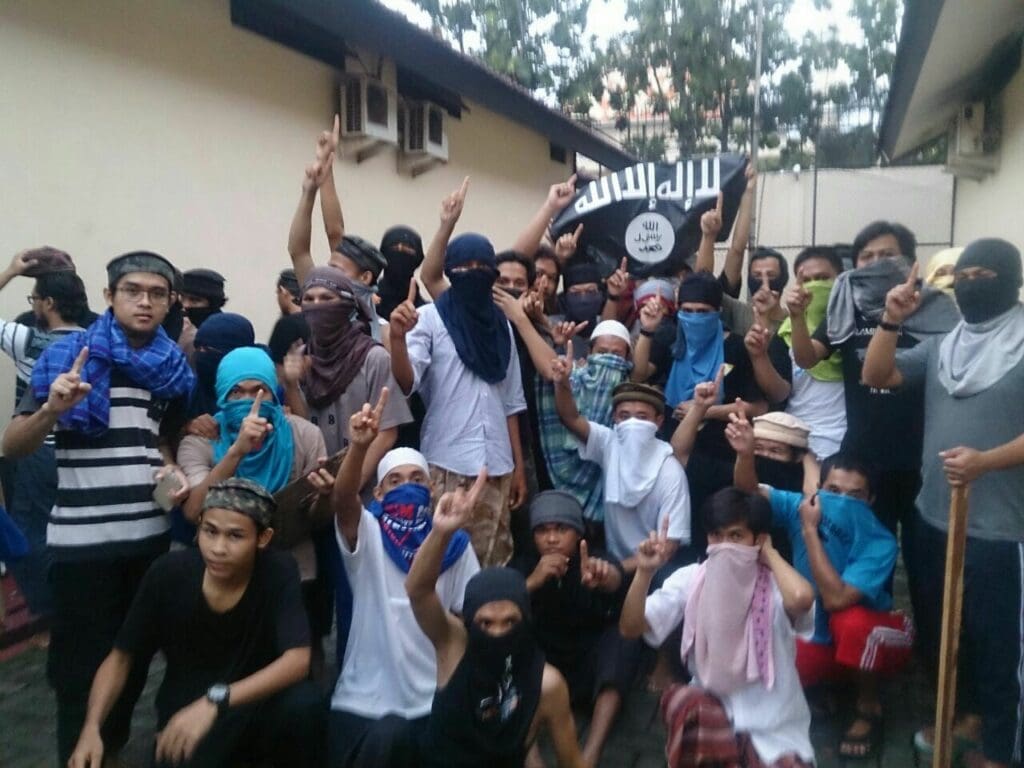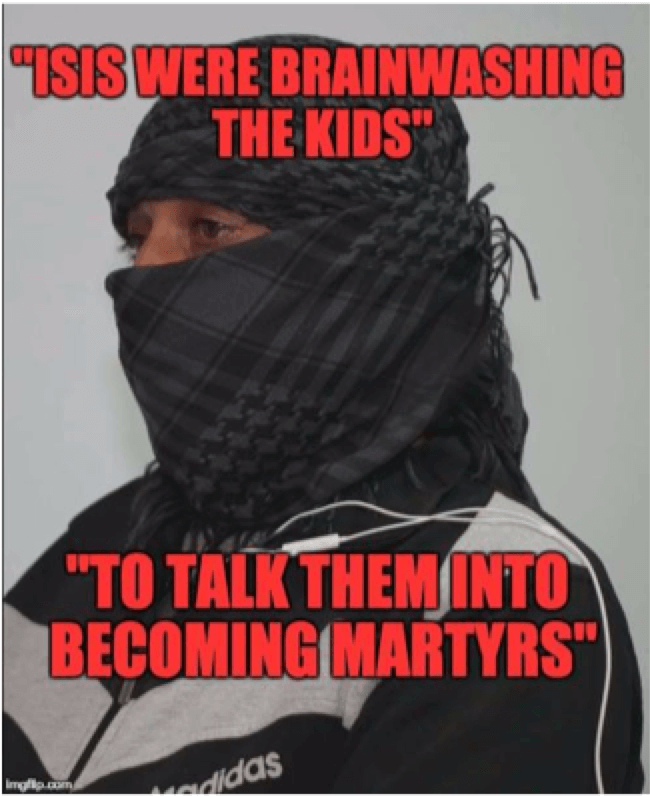ISIS
Blog
Assessing Europol’s Operation Against ISIS’ Propaganda: Approach and Impact
December 19, 2018By Laurence Bindner and Raphael Gluck On April 27 2018, a Europol press release announced that new action was underway to disrupt ISIS’[1] ability to spread its propaganda online. The press release referred to an operation that commenced two days earlier, which was led by the Belgian Federal Prosecutor’s Office and coordinated with six European countries ...
Blog
Decentralised Terrorism: The Next Big Step for the so-called Islamic State (IS)?
December 12, 2018By Loránd Bodó Understanding terrorists’ use of the Internet is of paramount importance, especially in the context of today’s digital efforts to counter violent extremism. In particular, IS and its unprecedented, successful, multilingual and multimedia online campaigns have led to a surge of academic interest across the globe since 2014. Tech and social media companies ...
Blog
Islamic State’s Virtually Planned Terror Plots: A Note on Current and Future Research
November 21, 2018Earlier this month (9 Nov.), Hassan Khalif Shire Ali (30) carried out a terrorist attack on Bourke Street mall in Melbourne, Australia in which he stabbed one person to death and injured two others. Attention immediately turned to whether Shire Ali was in direct–potemtially online–contact with so-called ‘Islamic State’ (IS). The Australian Federal Police later said ...
Blog
Crowdsourcing Terror in Indonesia
November 14, 2018By Jennifer Yang Hui In the wake of high-profile terrorist activities in Indonesia, social media’s role in violent extremism is once again under scrutiny. The 36-hour standoff on 8 May 2018 between inmates linked to the so-called Islamic State (IS) and prison officers at Mako Brimob (the detention centre of the Indonesian National Police Mobile ...
Blog
Cryptocurrencies: Potential for Terror Financing?
October 24, 2018By Ahmad Helmi Bin Mohamad Hasbi and Remy Mahzam Synopsis Given their transaction anonymity and user-friendliness, cryptocurrencies appeal to extremist groups as they offer a viable alternative to the mainstream financial system and fiat money which are perceived as ‘kafir’ (infidel) currencies. The threat of cyber-driven terrorist financing is expected to grow. Commentary Bitcoins and ...
Blog
“Yes, I Can”: The Role of Perceived Self-Efficacy in Violent Radicalisation Processes
October 17, 2018By Linda Schlegel & Till Baaken In recent years, radicalisation, its causes and facilitating conditions as well as possible counter-strategies have been widely discussed within the academic community, among practitioners, and by politicians. Today, there are a variety of radicalisation models available in order to facilitate our understanding of this phenomenon and the empirical evidence is progressively ...
Blog
FlockWatch: Tracking Changes in Language in Text Datasets Over Time
September 26, 2018By Sam Jackson For years, researchers studying online political extremism have used computational tools to collect large amounts of data from social media, most often from Twitter. Two main logics guide these data collections: they can be built around users (e.g., collecting all tweets sent by given accounts) or they can be built around vocabulary (e.g., ...
Blog
TTP’s Online Women’s Magazine Has a Different Message for Their Female Jihadi Audience Than Rumiyah
July 4, 2018By Mehwish Rani Daesh and Tehrik-e-Taliban Pakistan (TTP) are two competitor militant organisations in Pakistan. Although, Daesh has no organisational presence in the country, small groups inspired by it have carried out attacks in the name of the organisation. Both organisations publish propaganda magazines to, amongst other things, gain new recruits. While Daesh published approximately ...
News
Research Finds Differential Emphasis in Islamic State Propaganda
June 28, 2018VOX-Pol has released its latest report in the VOX-Pol publication series, titled A Tale Of Two Caliphates: Comparing the Islamic State’s Internal and External Messaging Priorities, co-authored by Dr. Dounia Mahlouly and Charlie Winter. About the Report In recent years, the media department of the self-proclaimed Islamic State has proven itself to be highly adept at ...
Blog
Fighting ISIS on Facebook – Breaking the ISIS Brand Counter-Narratives Project
June 27, 2018By Anne Speckhard, Ardian Shajkovci & Lorand Bodo This blog post synopsises a study that attempted to intervene with over fifty English-speaking Facebook accounts endorsing, promoting, and following ISIS. Methodology and Research Design For this study, several anonymized Facebook accounts were used to identify English-speaking radicalized Facebook profiles as our target for an online counter-narrative intervention. ...









